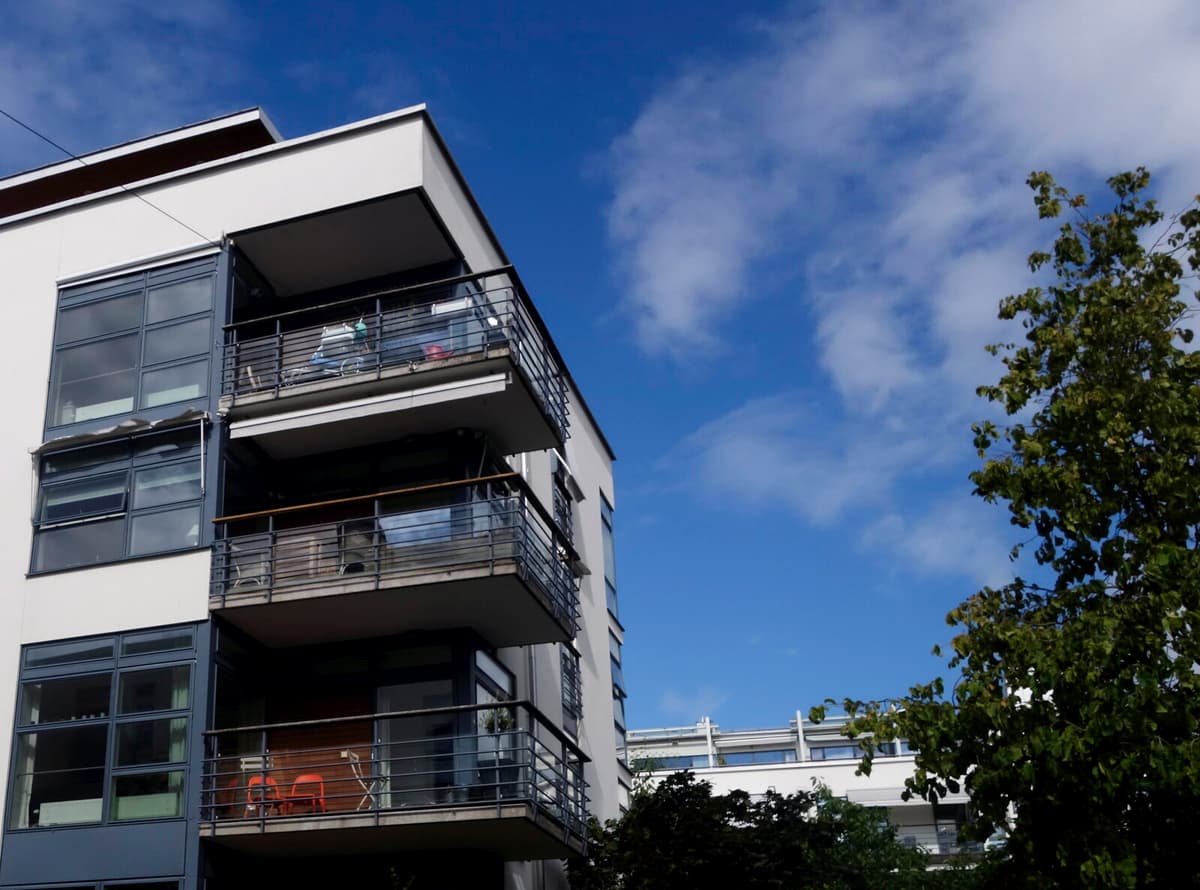The housing market in Sweden is undergoing rapid change, and for the first time, as many all-purpose housing companies are experiencing a surplus as a deficit of apartments.
We see some strong regions where there is a great need for more apartments, but also a large market with a surplus, says Sofia Hansdotter, an expert on property development at Sweden's Allmännytta.
She says that lower birth rates and an aging population, as well as reduced migration, are behind the change and emphasizes that there are still long queues in major cities, but vacancies are increasing in nearby towns.
Waiting is quick
At commuting distance from major cities, there is today a great opportunity to find an apartment very quickly. And that's positive for renters, says Hansdotter.
Even in medium-sized cities, a dramatic change is noticeable.
In the major regional cities, there has been a housing shortage for a long time. But there has been a reduced population growth. Many housing companies are probably surprised that it has turned so quickly, she says.
Most in Södermanland
According to the report, at the beginning of 2024, there were the most vacant apartments in Södermanland, which then had 1,355 vacancies in its existing stock. In Örebro County, there were 595 vacant apartments, in Gävleborg 744, in Stockholm County 804, and in Västra Götaland, 424 apartments were vacant.
The average waiting time for an apartment at Allmännytta is also shortest in Södermanland with 15 months, followed by Gävleborg and Blekinge with 16 months' waiting time and Västerbotten with 17 months.
The longest waiting time is in Stockholm County, where it takes an average of 337 months to get an apartment in Allmännytta's stock, according to the report.
Sees rent discounts
One who welcomes the shift with more vacant apartments is Martin Hofverberg at the Tenants' Association.
The industry has gotten used to everything being rented out. And then it's clear that it's a shift when you realize that it's not like that anymore and you have to work with rents and attractiveness. But it's good, says he.
He is simultaneously clear that there is still a need for apartments in many places.
There is a need, but people must be able to afford the rents that housing companies demand. In some places, maybe they have built at a cost that doesn't quite bear itself. Now we see more and more rent discounts, says he.
The report, A Divided Housing Market, is based on survey responses from 204 housing companies across the country. The report shows that the number of vacant apartments within Allmännytta has almost doubled in a year – from 3,780 to 7,354.
Vacancies are largest in smaller towns and in rural areas. At the same time, long housing queues persist in major cities.
The report also shows, among other things, a continued large deficit of senior apartments and security apartments – in all types of municipalities.
Source: Sweden's Allmännytta






